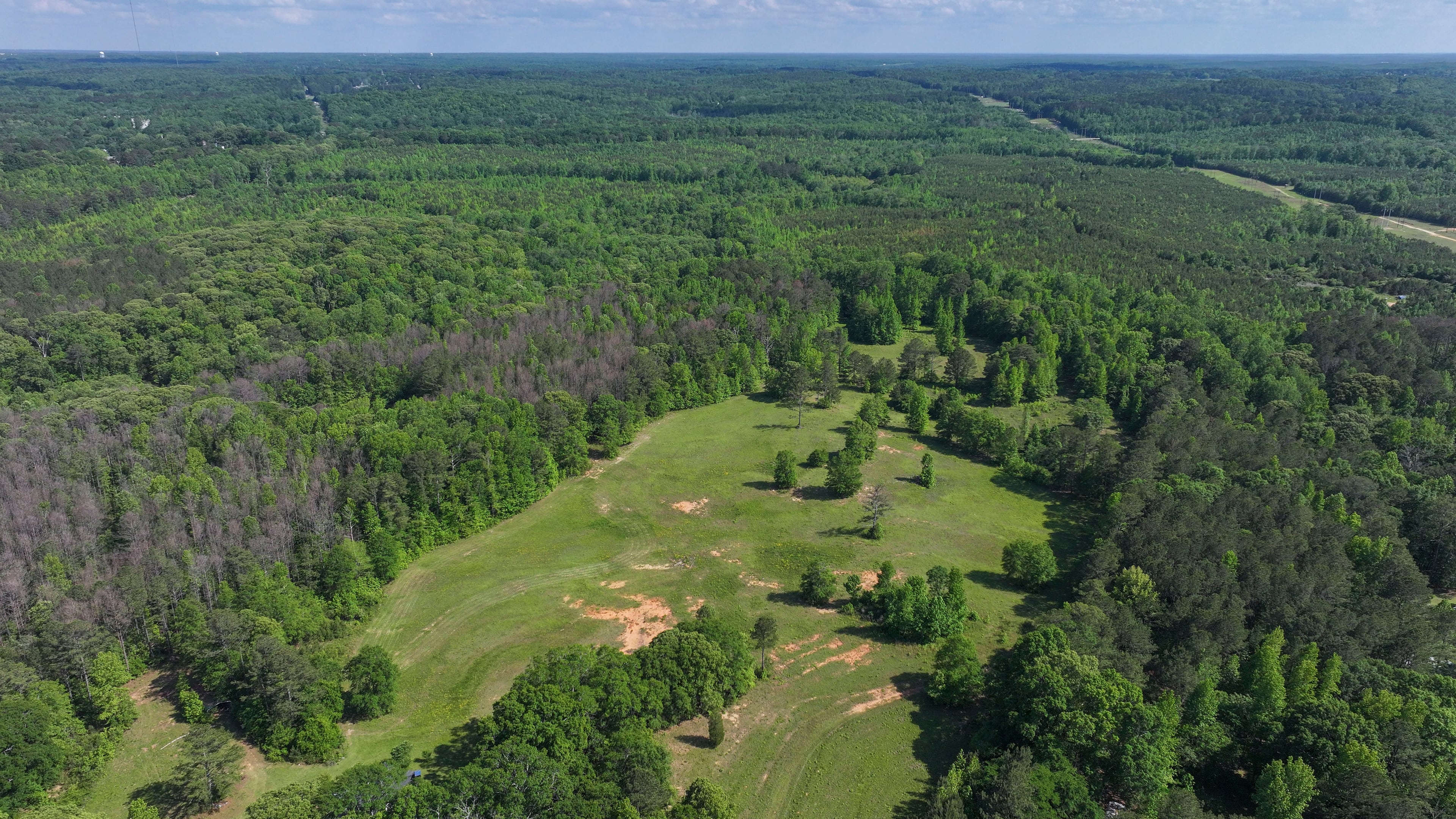A new group steps in to develop $17B ‘Project Sail’ data center near Atlanta

A California industrial giant is under contract to buy property where a $17 billion data center campus has been proposed south of Atlanta.
Prologis officials confirmed to The Atlanta Journal-Constitution that the San Francisco-based company plans to acquire the roughly 831-acre project site in Coweta County, roughly 45 miles southwest of downtown Atlanta. The project, made public on New Year’s Eve last year, is one of the most high-profile computer server farm proposals in metro Atlanta, which has emerged as the hottest data center market in the country in recent years.
JC Witt, senior vice president of data center investments for Prologis, said, “Atlanta has always been a good market, but in the last couple of years, it’s become a great market.”
Until now, the only entity attached to Project Sail has been Atlas Development LLC, a relatively unknown firm founded in 2017 with an address in rural Whitesburg. The company’s website focuses on its land rezoning and entitlement expertise, critical steps required for large developments to move forward.
Jonathon Ward, an Atlas executive, confirmed Prologis is the company that will operate the data center campus. Sales terms, including the transaction price, were not disclosed.
Atlas has four other data center site proposals across Georgia, but Prologis is not involved with those developments, officials said.

The data center project still has many hurdles to clear. The site, which is along U.S. 27 near Newnan between Sargent and Wagers Mill roads, has yet to be rezoned for industrial use. The proposal has also garnered stark community backlash from neighbors, including a petition with 1,775 signatures as of Thursday morning.
On May 6, the county adopted a 180-day moratorium that prevents rezonings and permits for data centers from progressing, which Coweta officials said will allow them time to evaluate zoning codes. The site of another data center proposal in Coweta, a $1 billion development called Project Peach, received its rezoning last month in a 3-2 vote amid resident pushback and opposition from the mayor of nearby Palmetto.
Todd Williams, who lives near the Project Sail site, said he’s worried county leaders are solely focused on the development’s potential tax revenue, which Prologis estimates would be $100 million over 10 years.
“I’m afraid they’re looking at just the possible tax revenue they’ll get,” Williams said. “They’re not looking at the after-effects and looking at how it’s going to affect the neighbors.”
Project Sail is undergoing a state-mandated infrastructure review, which was triggered by the rezoning request. Coweta’s spokesperson said that if the Development of Regional Impact review is finished before the moratorium lifts, the development team could make a request for “vested development rights,” arguing the rezoning request was made before the moratorium was enacted. That request would have to be reviewed by the county’s legal team.
Witt doesn’t anticipate the moratorium will derail Project Sail, adding that the data center industry is evolving so quickly that local governments have to take time to adjust.
“A lot of communities don’t have any sort of codes or regulations around how these are being constructed,” he said. “They’re doing the right thing by spending the time and research to make sure that (data centers) are brought into their code in a prudent manner.”
Selecting the site
Prologis, a Fortune 500 company, is one of the largest developers and owners of industrial space in Georgia.
It owns about 1.3 billion square feet of industrial space, primarily warehouses, across 20 countries, but it’s been making a large push to expand into the fast-growing data center industry.
The company plans to expand its global data center holdings by 10 gigawatts — a measurement of energy demand that is an industry metric for the scale of server farms — over the next decade. That’s about five times the amount of space of Georgia’s entire data center industry at the end of 2024, according to real estate services firm CBRE.
Project Sail is estimated to require about 900 megawatts of power, which is slightly less than its initial proposal of 936 megawatts, Witt said. Its site design is still being finalized, but initial proposals included 13 buildings that encompass nearly 5 million square feet of space — more than twice the floor space of the Mall of Georgia.
“Nine hundred megawatts is nothing to take lightly,” Witt said. “It’s something that we really want to execute on for the community and for the company.”

The site is near Georgia Power’s Plant Yates, which is what attracted Atlas and Prologis to the property. Kent Mason, market officer for Prologis in Atlanta, said the proximity to power infrastructure eliminates the need for miles of new transmission lines, the development of which have spurred controversies near other data centers in the Atlanta area.
“What we like, as a company with a conscience, is that there’s already this massive Georgia Power generating station and the lines are there,” Mason said. “The interstate for us to connect to is there already, so it’s less impactful.”

Nearby residents opposed to Project Sail say they knew they lived near a power plant when purchasing their homes. But they expect county officials to respect their zoning codes.
“We buy our homes with the assumption that we’re protected by our zoning laws,” said Brian Beck, who has lived off Wagers Mill Road for 20 years. “People build their lives thinking they have that protection.”
Witt said he’s not surprised data centers have become a target of local pushback as the sector has ballooned in size in recent years following the artificial intelligence boom. But he described data centers as critical infrastructure needed for a modern society.
“I think there’s a bit of a misunderstanding of how important they are to the community and how the community uses (data centers) every single day for all their jobs and everyday life,” he said.



